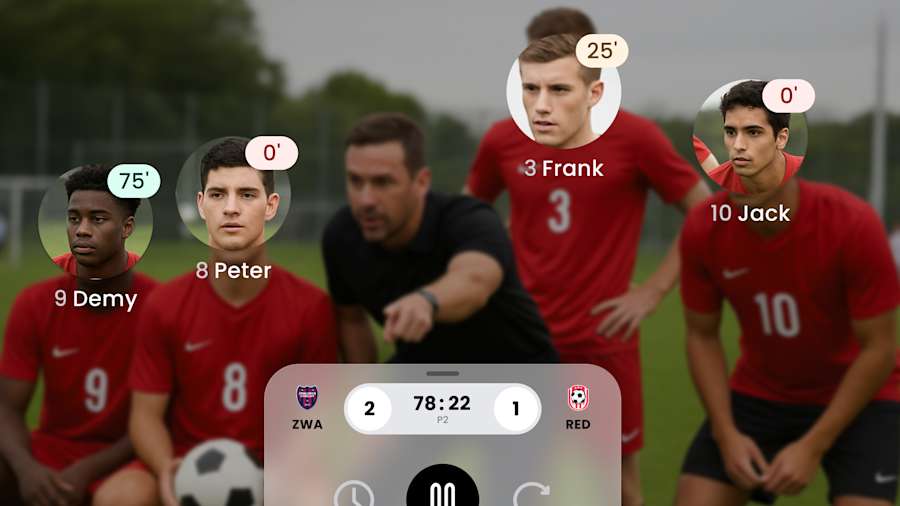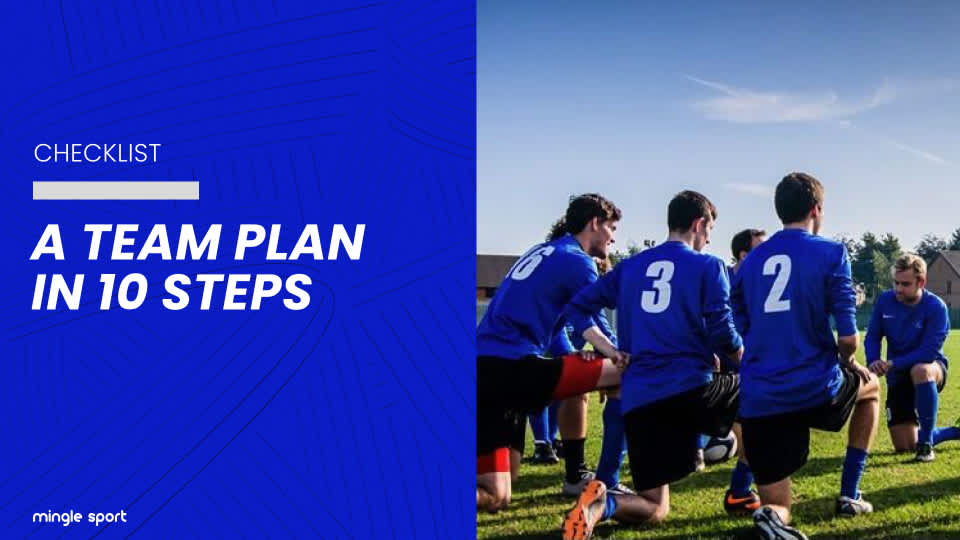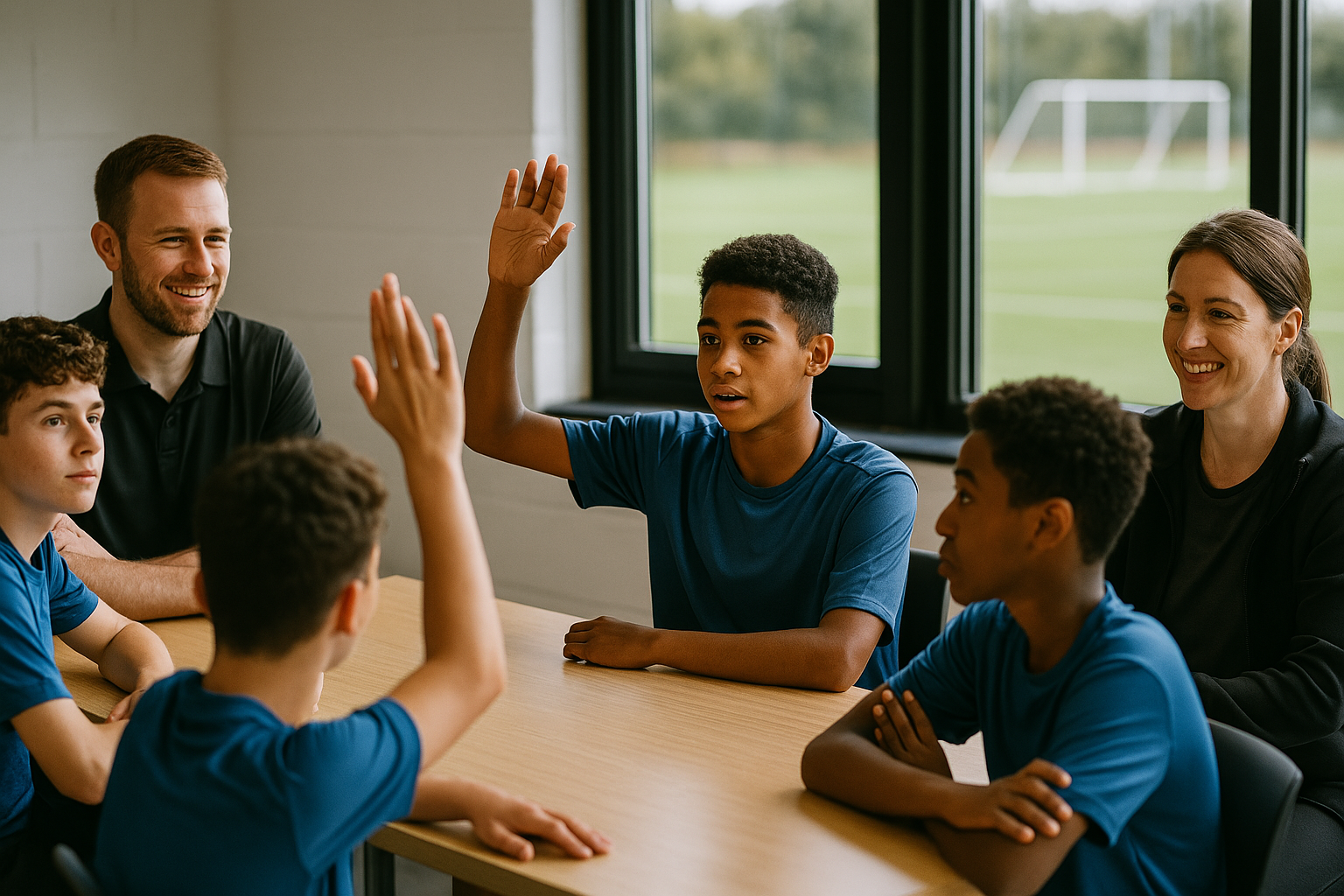Why Playing Time Matters in Youth Football

In youth football, playing time is more than just minutes on a clock — it's a key part of player development. Whether you’re a coach, parent, or part of a football club, understanding the importance of equal playing time in youth soccercan shape long-term success and participation in the sport.
The Problem: Unequal Playing Time in Youth Soccer
In many youth football teams, especially at competitive levels, game time often favors the most skilled or physically advanced players. This leads to some children spending most of their time on the bench — a trend that hurts both development and enjoyment. Unequal playing time can lead to:
Decreased motivation and self-esteem
Slower skill improvement
Higher dropout rates from the sport
Why Equal Game Time Supports Long-Term Player Development
Every child joins football to play — not to watch from the sidelines. Here’s why consistent minutes played are essential:
Skill Growth: Real match situations develop skills better than drills alone.
Confidence Boost: Regular game time helps build emotional resilience.
Tactical Understanding: Game experience enhances decision-making.
Enjoyment and Retention: Kids who play feel valued and are more likely to continue in sport.
Best Practices for Coaches: Managing Playing Time in Youth Football
To support balanced player development, coaches should:
Equal Time for Equal Commitment: Especially at the grassroots and recreational levels, players who show up and work hard should see the field, regardless of ability.
Check out our Free spreadsheet to calculate fair playing time
Development Over Results: Focus on the long-term growth of every player. A win today means little if it stunts tomorrow’s potential.
Track Minutes: Keep a log of minutes played to ensure no one consistently gets left behind. Even basic tracking can reveal surprising trends.
Communicate Clearly: Set expectations with players and parents about your playing time philosophy. Transparency builds trust.
Age-Specific Playing Time Guidelines
U6–U12: Focus on equal playing time for all. Development and enjoyment are the goals.
U13–U16: Competitive balance is okay, but everyone should still play meaningful minutes.
Academy Levels: Even at elite levels, development-first thinking should lead the way.
Advice for Parents: Supporting Fair Play Time
If you’re a parent wondering about your child’s minutes:
Ask about the coach’s philosophy on playing time.
Track patterns over several matches — not just one.
Encourage your child to focus on learning and fun, not just results.
Final Thoughts: Let’s Measure Success by Development, Not Just Wins
Youth football playing time is a metric we can’t ignore. Prioritizing equal game time supports fair opportunities, better development, and a lifelong love of the game. Coaches, parents, and clubs must work together to make the pitch a place where every young footballer thrives.



